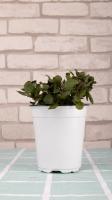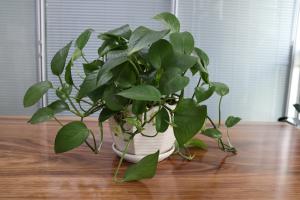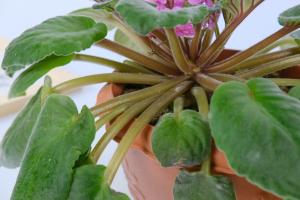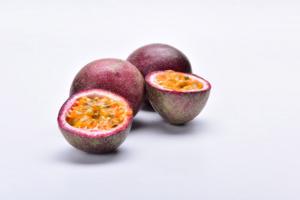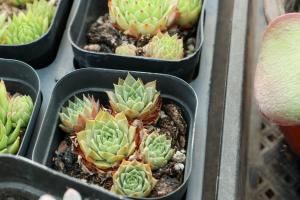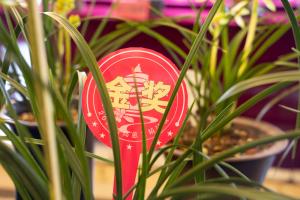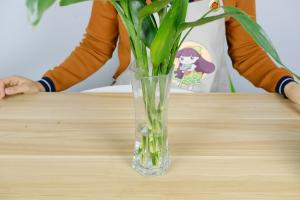Is Septic Tank Water Good for Plants?
Septic tanks are commonly used in areas where there is no access to conventional sewage systems. They are used to treat and dispose of wastewater from a household. The septic tank system consists of a large tank that is buried in the ground, and it is used to break down and treat sewage. The treated water that emerges from the tank is known as septic tank water. In recent years, homeowners and gardeners have started using septic tank water to irrigate their gardens and plants. In this article, we explore whether septic tank water is good for plants.
The Benefits of Septic Tank Water for Plants
Using septic tank water to irrigate plants can be beneficial in many ways. Firstly, the water is rich in essential nutrients such as nitrogen, phosphorous, and potassium that plants need to grow. Secondly, the water is free of harmful chemicals such as chlorine that are commonly found in tap water. Thirdly, septic tank water is a source of organic matter that can improve soil quality and fertility in the long run.
The Potential Risks of Using Septic Tank Water for Plants
Despite the potential benefits, using septic tank water to irrigate plants does come with some risks. The first risk is the presence of harmful bacteria in the water. Septic tanks are designed to reduce the number of harmful bacteria, but they are not completely eliminated. The second risk is the presence of high levels of salt in the water. Salt can accumulate in the soil over time, leading to soil salinity and plant stress. The third risk is the presence of harmful chemicals in the water if the septic tank is not properly maintained.
How to Safely Use Septic Tank Water for Plants
If you are using septic tank water to irrigate your plants, there are some steps you can take to ensure that the water is safe to use. Firstly, ensure that your septic tank is properly maintained and emptied on a regular basis. Secondly, filter the water before using it to remove any solids and bacteria. You can use a fine mesh screen or a filter system. Thirdly, test the water for salt and chemical content before using it to irrigate your plants. If the levels are high, consider using an alternative water source.
Conclusion
In conclusion, septic tank water can be good for plants if used properly. It is rich in nutrients and organic matter that can improve soil quality and fertility. However, it does come with some risks, including the presence of harmful bacteria, high levels of salt, and chemicals. By taking precautions such as proper maintenance, filtration, and testing, you can safely use septic tank water to irrigate your plants and enjoy the benefits of this natural and sustainable water source.

 how many times do yo...
how many times do yo... how many planted tre...
how many planted tre... how many pine trees ...
how many pine trees ... how many pecan trees...
how many pecan trees... how many plants comp...
how many plants comp... how many plants can ...
how many plants can ... how many plants and ...
how many plants and ... how many pepper plan...
how many pepper plan...